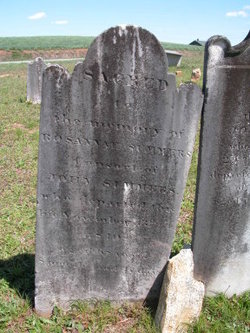

Louisiana voters were left with an embarrassing choice between Edwards' questionable ethics and Duke's white supremacist sentiments. Edwards' opponent was David Duke, who had been a prominent national neo-Nazi and Ku Klux Klan leader and had surprisingly defeated the incumbent governor in the Republican primary. By then, however, the oil industry was struggling, which combined with the trials over the hospital deals to dent his image.Įdwards lost the 1987 election but made another comeback in 1991, which turned out to be one of the oddest governor's races in U.S. He was barred by law from seeking a third consecutive term in 1979 but Edwards was ready four years later and voters returned him to office. Talk about illegal campaign contributions and selling state jobs resulted in no formal charges and did little harm to Edwards' popularity. He benefited greatly from the state's thriving oil industry, which allowed him to balance the budget while spending generously on education and other public programs. He took office in 1972, thanks in part to support from Blacks, who would become a reliable Edwards voting bloc, and was re-elected. After graduating from the Louisiana State University law school, he served in the state legislature and the U.S. Once when the Louisiana economy was struggling, he told voters that if they did not return him to office, "there'll be nothing left to steal."Įdwards was the son of a sharecropper, born Aug. When he was a congressman in the 1970s he had accepted gifts from a South Korean rice broker who was investigated for trying to bribe legislators.ĭressed in sharp suits with his silver hair styled back, Edwards joked about his reputation. He was acquitted in a retrial the next year.īefore that there had been accusations of accepting illegal campaign contributions and a former associate said state agency jobs had been for sale during Edwards' governorship. In 2000 Edwards was convicted of extortion in the awarding of state casino licenses, sentenced to 10 years in prison and fined $250,000, ending a long pursuit by prosecutors.Įdwards had been tried in 1985 during his third term as governor for allegedly giving special treatment to companies dealing with state hospitals but the case ended in a mistrial. He also was a big-time gambler who sometimes paid off his Las Vegas debts with suitcases of cash - and casinos would eventually prove to be his downfall. Long, who dominated Louisiana in the late 1920s and 1930s before he was assassinated, and endeared himself to voters with a combination of personality, job patronage and a share-the-wealth philosophy. By his own count, Edwards had been the subject of 22 investigations but he reveled in a reputation of invincibility until being convicted of extortion.ĭuring a successful election campaign for governor in 1983, he boasted, "The only way I can lose this election is if I'm caught in bed with either a dead girl or a live boy."Įdwards practiced a brand of populism not unlike colorful former governor Huey P.

House of Representatives in 2014 at age 87 but received less than 38% of the vote.ĭashing, witty and an inveterate womanizer in his heyday, Edwards was known as "Fast Eddie" and stood out even in a state with a history of colorful graft-prone politicians. His conviction was not enough to make him give up on politics though, and after serving more than eight years in prison and being freed in 2011, he ran for a seat in the U.S.


House of Representatives early in his political career before going on to run for Louisiana governor, taking office in 1972 for the first of four terms.Įdwards was convicted in May 2000 of extortion in the awarding of state casino licenses. He served in the state legislature and U.S.


 0 kommentar(er)
0 kommentar(er)
